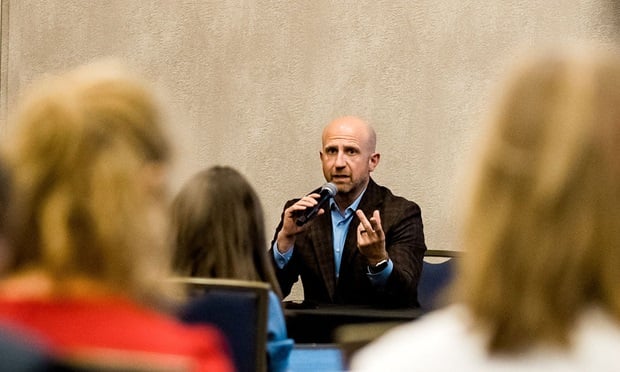
A 43-year-old man was hospitalized with severe delirium, hallucinations, and seizures, and the doctor diagnosed him with a mental disorder caused by alcohol addiction. The patient’s family reported that he had been an alcoholic for over a decade, often neglecting food and sleep in favor of alcohol. He had been hospitalized twice before for mental disorders but continued to drink heavily, leading to a deterioration in his health and mood. This time, he was admitted to the emergency room for the third time due to his symptoms.
Dr. Trinh Thi Viet Ha, Deputy Head of the Department of Psychiatry and Neurology at Lang Son Provincial General Hospital, confirmed the patient’s diagnosis and explained that the hospital had seen nearly 100 cases of similar mental disorders caused by alcohol abuse in the first three months of the year. Symptoms included delirium, irritability, and inability to control emotions.
Alcohol is a significant contributor to various health issues, with the World Health Organization ranking it as the third leading cause of premature death and disability globally. Alcohol affects all parts of the body, particularly the brain and central nervous system. Alcohol-induced mental disorders are a consequence of long-term alcohol abuse, causing direct damage to the brain and internal organs, making treatment complex and challenging.
To effectively treat these disorders, doctors must closely monitor patients’ progress and provide them with mental encouragement and support. However, many patients experience relapses after treatment due to their addiction’s nature. It is crucial for patients’ families to provide support during recovery by motivating them to quit drinking altogether or follow their doctor’s treatment plan carefully.
If a person exhibits signs of mental disorder due to alcohol addiction or any other substance use disorder (SUD), it is essential for families promptly seek medical help rather than attempting self-treatment at home. Guidelines for safe alcohol consumption include not exceeding two units per day for men and one unit per day for women with no more than five days of drinking per week. Men should not consume more than recommended amounts of beer, wine or other alcoholic beverages while women should consume half those amounts recommended for men.
It is essential to take this information seriously as SUD can lead severe consequences if left untreated such as liver disease, heart disease among others; it can also lead social isolation or even suicide if not addressed promptly.
In conclusion treating SUD requires an interdisciplinary approach involving doctors from different specialties such as psychiatry neurology detoxification clinics among others; patients need constant monitoring during their recovery process; family members play an essential role in supporting their loved ones through this difficult journey towards healing; guidelines on safe consumption should be followed strictly; ultimately addressing this issue head-on will save lives prevent unnecessary suffering while improving public health overall.





:quality(75)/cloudfront-us-east-1.images.arcpublishing.com/elcomercio/3CBX2TPILREBPEDECRWFYCEB5I.jpg)